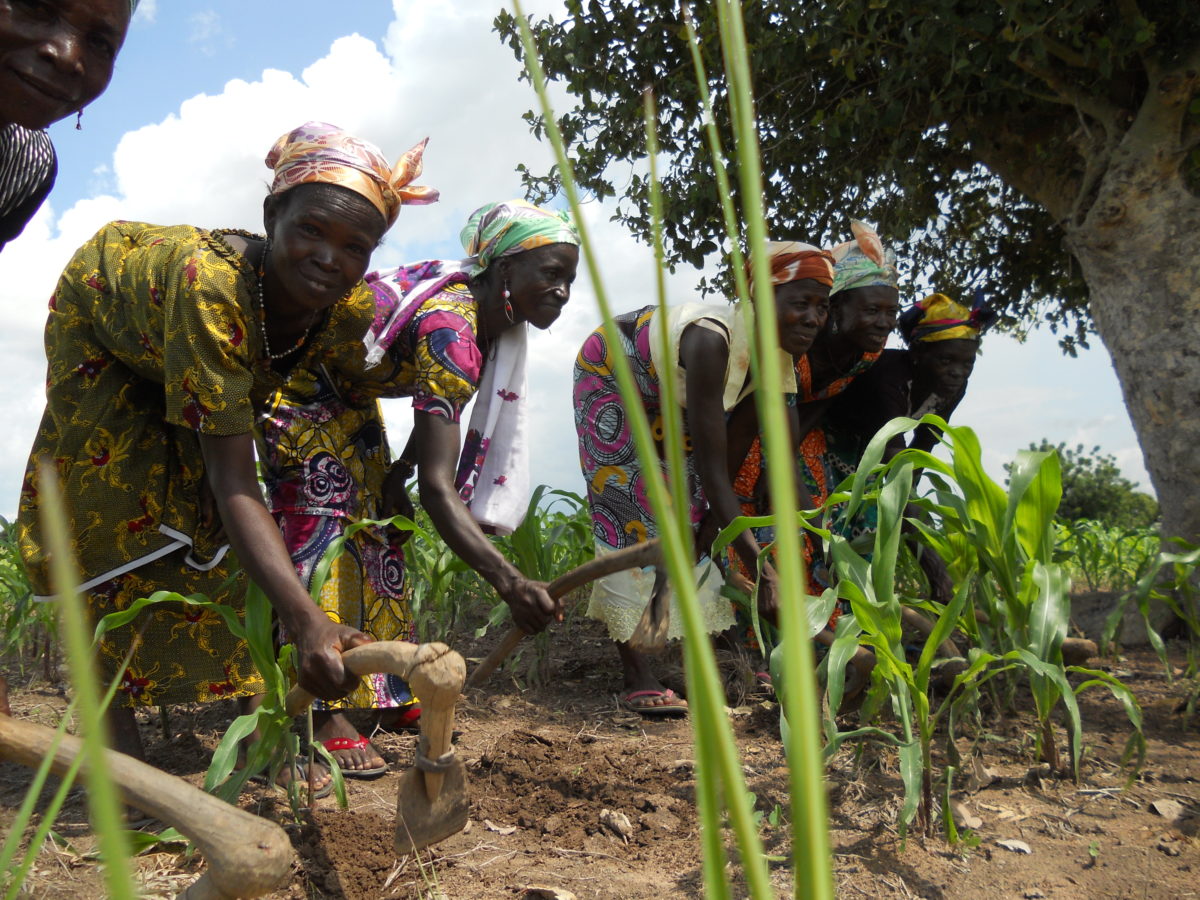
Green Climate Fund faces worrisome developments with big banks, bad process
Developing countries urgently need money — and lots of it — to address climate change. To tackle this tremendous challenge, the international community is looking to the newly established United Nations Green Climate Fund to be the primary channel for multilateral climate finance for the poor and the vulnerable in developing countries. But a recent meeting of the GCF board in Korea brought some worrying developments regarding how the fund will work and for whom. In an op-ed at the Thomson-Reuters Foundation, Friends of the Earth’s senior international policy analyst Karen Orenstein and ActionAid USA’s senior policy analyst Brandon Wu examine what went wrong in the meeting.
The GCF board is in the process of choosing “accredited entities,” institutions which will receive GCF resources to carry out adaptation and mitigation projects and programs in developing countries. Forebodingly, among those institutions just approved is German financial behemoth Deutsche Bank, whose poor human rights, business and environmental record is well-documented. Note Orenstein and Wu, “not only is Deutsche Bank among the planet’s top coal financiers, it has been probed, charged or heavily fined multiple times in the past year alone for money laundering, tax evasion and Libor manipulation.”
They also note that while the GCF made positive moves in accrediting smaller institutions from developing countries, the accreditation of giant financial institutions like the World Bank and Deutsche Bank undercuts plans for the GCF to be a “paradigm shifting” mechanism, as opposed to a maintenance of the “status quo.”
“Instead of backing big multilateral institutions over national and subnational ones because of capacity concerns, the GCF should be prioritizing capacity-building and readiness support for these smaller entities to ensure larger sums of money can flow directly to developing countries in the near future.”
Moreover, the GCF’s approval process was sorely lacking in transparency. The identities of institutions applying for accreditation remained hidden until the GCF board approved them, with the board debating their merits behind closed doors in executive session, blocking civil society groups and communities from providing their vast on-the-ground experience and expertise.
Read more on the latest GCF meeting, and what it should do to save its credibility, at the Thomson-Reuters Foundation.
Photo: From the working draft report “Getting climate finance right.”
Related Posts
Ways to Support Our Work

Read Latest News
Stay informed and inspired. Read our latest press releases to see how we’re making a difference for the planet.

See Our Impact
See the real wins your support made possible. Read about the campaign wins we’ve fought for and won together.

Donate Today
Help power change. It takes support from environmental champions like you to build a more healthy and just world.